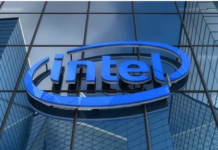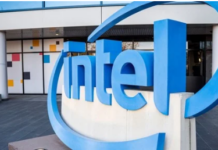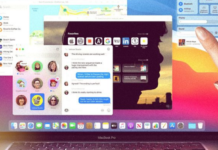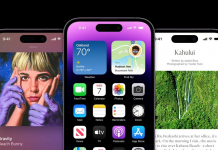Neither Apple nor Google nor others can stop American developers from promoting alternative payment platforms to those of the App Store and Play Store, managed directly by the two giants. Those who develop an app have the right to choose the system with which to collect customers’ money thanks to a law that came into force in the past few hours in the US, and Apple has aligned itself with a solution that nevertheless exposes the side to criticism.
The object of the dispute is well known: the percentage of the transaction that ends up in the pockets of Apple and Google, the developer wants to be free – and now in the US it is – to choose which service to turn to and consequently what commission to pay. In the American Developer portal, Apple has published an in-depth analysis of external payments for applications on the App Store.
“In addition to using Apple’s convenient, safe, and secure in-app purchase system, apps on the U.S. App Store that offer in-app purchases can also use the StoreKit External Purchase Link Entitlement to include a link to the developer’s website that informs users about alternative methods of purchasing digital goods or services,” it reads.
Leaving aside the technical details (Apple has also provided guidelines on the design of individual screens), scrolling down the page there is a paragraph dedicated to fees. And we are back to square one, because if it is true that Apple has adapted to the law by providing alternative possibilities for collection, it is also true that the problem remains. Those who want to make the transaction take place elsewhere still have to pay a commission, which is very high in some respects: 27% rather than the 30% retained when Apple takes care of the transaction.
Under these conditions, it is difficult to imagine that many would consider the prospect of relying on a third party to manage the transaction advantageous (while still paying a commission, since no one does anything for nothing) and still pay Apple 27% of the earnings. In short, Apple’s measure is not only not intended to appease the controversy but will probably fuel others.
For example, the vehement reaction of Spotify, which has a poisoned tooth with Apple due to the long antitrust battle between them, was not long in coming:
“Once again, Apple has shown that it will stop at nothing to protect its profits, at the expense of developers and consumers under the monopoly regime of its own app store. The latest move in the U.S. to impose a 27% fee for transactions made outside of an app on a developer’s website is outrageous to the Court’s efforts to enable more competition and ensure freedom of choice for users.”
Spotify, in the quotation marks it sent us, continues by placing its hopes in the European DMA, to which Cupertino will also have to align:
This action follows similar initiatives already taken by Apple to circumvent compliance in South Korea and the Netherlands. However, the EU’s Digital Markets Act (DMA) will finally put an end to these gimmicks, which in practice represent a repurposing of Apple’s fees in a different form. For our part, we strongly urge the European Commission to act swiftly and decisively to prevent Apple from implementing such fees, which are prohibited by the DMA.”
































